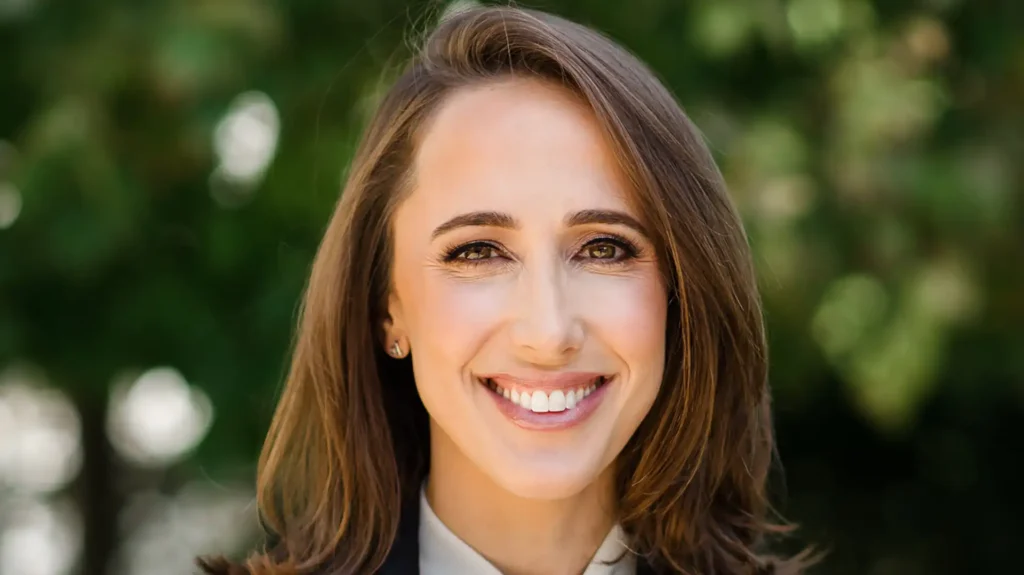
National Estate Planning Awareness Week, observed October 17-23, is an ideal time to start thinking about creating a lasting legacy in your community
By Kim Coogan, CPA, JD, and Yashica Weeks, MS, CFRE from DuPage Foundation
Created by a congressional resolution in 2008 and celebrated annually each October, National Estate Planning Awareness Week seeks to bring national attention to the importance of Americans having an estate plan. A recent CNBC survey found that 67 percent of adult Americans currently have no plan for the transfer of their assets upon their passing. Creating an estate plan allows individuals to articulate the desired allocation of their assets, while affording them the opportunity to personally consider unique family circumstances, provide for beneficiaries, maximize tax savings, communicate business succession, and provide for their favorite charitable causes and organizations. If you are among the 67 percent of Americans who do not currently have an estate plan, there is good news: there is still time to act and you have resources available to help you.
According to a recent study titled “Illinois Transfer of Wealth Opportunity,” published by LOCUS Impact Investing with support from Forefront, the Alliance of Illinois Community Foundations and others, it is estimated that $434 billion will transfer through Illinois estates over the next 10 years, with nearly $53 billion passing through DuPage County estates alone. Imagine the impact on our community’s most pressing needs if just 5 percent ($2.65 billion) of the $53 billion were directed to local causes. When you create an estate plan, you have the power to make a difference not only for your loved ones but for your community, neighbors and favorite causes. It is important to seek competent legal counsel as you begin to consider your estate plan. There are many ways to approach the transfer of your accumulated wealth to your family, friends and favorite charitable organizations. In talking with your estate planning attorney about your plan, expect to discuss your assets and learn about the tax laws and other legal aspects of an estate plan. You not only have an opportunity to implement a legally sound estate plan, but to also craft a robust, custom wealth transfer plan that reflects who you are, and what is important to you, so that your estate planning documents reflect your unique values.
Make sure to share with your estate planning attorney your more personal priorities: What are your goals for your family? What are your concerns? What kind of legacy do you hope to create? Has there been a particularly meaningful experience in your life that has helped you become who you are today? Or is there a cause that is near and dear to your heart? Do you want to find a way to memorialize that experience, or further your passion for that cause, e.g., through a charitable bequest or scholarship? If you are so inclined, share your personal story during your consultation with your attorney, and express your vision for your legacy to your family and others, so that your attorney can help you design an estate plan that reflects your values and that is a meaningful reflection of the legacy you wish to create. Providing for the causes and organizations that matter most to you in your will, trust and through other charitable giving vehicles can be incredibly rewarding.
To give you a flavor for the spectrum of charitable planning techniques, here are several that are commonly used:
1. Provide in your will or trust agreement for a dollar amount or percentage of your estate to be distributed to charity upon your passing.
2. If you have pre-tax funds in an IRA or other retirement account, provide in your beneficiary designation for a dollar amount or percentage of the account to be distributed to charity upon your passing, in which case the gift avoids taxation, as the charity is tax-exempt.
3. Donate a life insurance policy to a charity.
4. Create a charitable remainder trust or charitable lead trust. Both involve funding an irrevocable trust with a sum of money. The charitable remainder trust makes payments to specified individuals for a period of time and, at the end of the trust term, the remaining funds are distributed to one or more charities. The charitable lead trust provides payments to charities for the term of the trust, and, at the end of the trust term, the balance is distributed to your beneficiaries. These are called “split interest” gifts.
5. Many charitable organizations offer charitable gift annuities, whereby you make a charitable gift, and the charity pays you or a named beneficiary an annuity at a certain rate.
6. Establish a Donor-Advised Fund (DAF), to which you can contribute cash or appreciated assets (like stock, mutual funds, real estate or closely-held business interests) now, receive eligibility for an immediate tax deduction, and then recommend grants from the fund to charitable organizations of your or your loved ones’ choosing on your time frame either this year or in subsequent years.
7. If you wish to make a gift during lifetime and you are 70½ or older, you can make a Qualified Charitable Distribution (QCD), transferring up to $100,000 from your traditional IRA directly to one or more charitable organizations—with no income recognized by you or the charity. (Your spouse may also do the same.) For those 72 and older, these distributions will count toward your annual Required Minimum Distribution (RMD).
No one spends a lifetime growing a successful business, progressing in a meaningful career or being prudent stewards over their resources to have probate court determine the designation of their accumulated assets. Contact a trusted estate planning attorney today to plan for tomorrow. Estate and charitable planning are surprisingly creative processes, with a myriad of methods and vehicles available to accomplish your goals. Whether you wish to leave a onetime monetary bequest to a charitable organization upon your passing, or you have in mind more of a lasting, permanent legacy charitable gift, you’ll want to provide for the gift to be made in a manner which best accomplishes the impact you want to make in your community, your place of worship, or the wider world. From simple outri g h t contributions to sophisticated planned charitable gifts, DuPage Foundation is an invaluable resource for all potential donors, helping match passions and resources with needs and opportunities. As DuPage County’s philanthropic leader, DuPage Foundation manages more than 360 charitable funds on behalf of individuals, families, businesses, not-for-profits, and our community and has awarded more than $65 million in grants to not-for-profit organizations serving the residents of DuPage County and beyond. For support in implementing your charitable giving goals, please contact DuPage Foundation at 630.556.5556 or visit dupagefoundation.org for ways to CREATE YOUR LEGACY.













